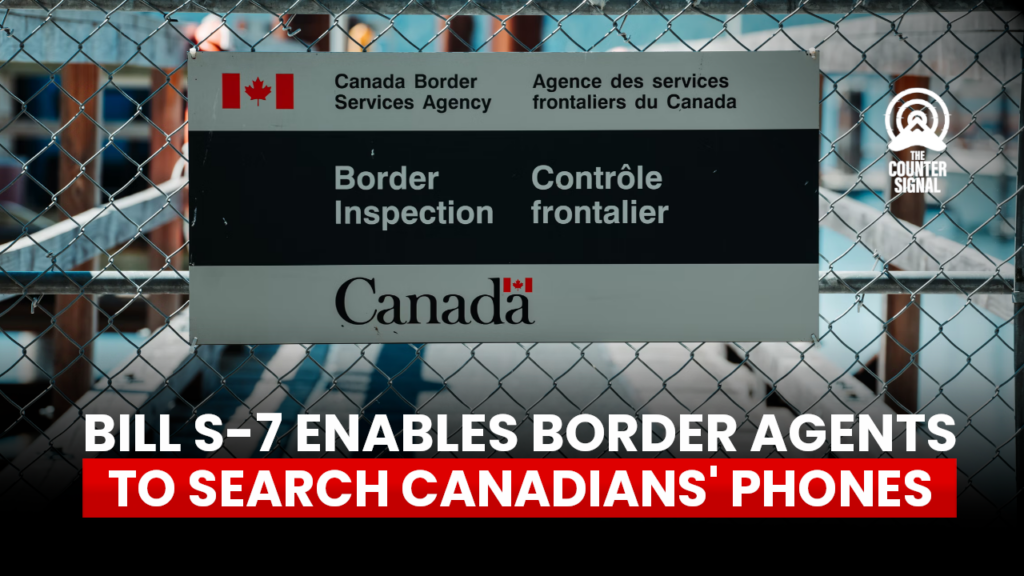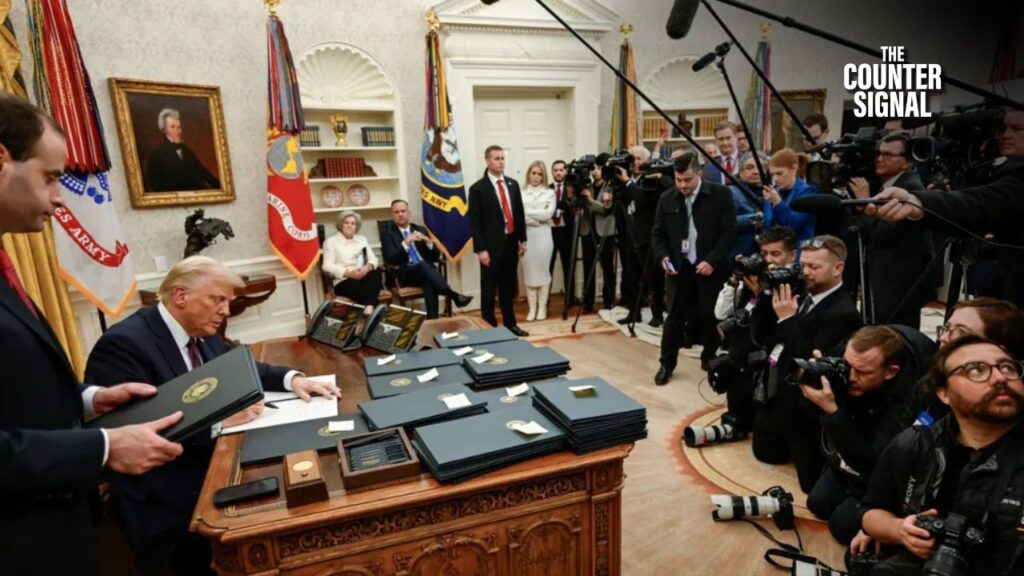Bill S-7, which recently passed its first reading in the Senate, would amend the Customs Act and give border agents the authority to digitally examine travellers’ phones and laptops and make copies of their emails, text messages, and photos when leaving or returning to Canada.
As per the legislation, border agents would be able to “examine documents, including emails, text messages, receipts, photographs or videos, that are stored on a personal digital device.”
Officers would further be able to “make an electronic copy of a record or document if it is impossible or impractical to seize anything on which the record or document is stored or if seizing the thing is likely to degrade the record or document or make it unusable as evidence.”
This, of course, brings up innumerable concerns regarding Canadians’ privacy. And it’s obvious that while Bill S-7 refers to digital devices under the pretext of being goods, smartphones and laptops are much more.
Currently, according to the Canadian Border Services Agency’s website, “CBSA officers do not always examine digital devices. Our policy is to examine a device only if we think we will find evidence on it that border laws have been broken.”
“Reasons an officer might examine your digital device(s) include concerns regarding your admissibility or admissibility of your goods, identity, [or] failure to comply with Canadian laws or regulations.”
In other words, if you’re a Canadian citizen who can prove your identity and isn’t suspected of having broken any laws, it’s unlikely that your device will be examined.
If Trudeau-appointed Senator Marc Gold has his way, this could all change.
For many in the digital age, these digital devices serve as people’s primary means of having private conversations with friends and family and communicating with colleagues. They may even contain confidential work information such as the details of business deals, medical records, and contain sensitive information about a person’s private life.
While many believed the Bill was intended to merely set a firm standard for which a border agent can search a Canadians’ personal device, the legislation instead sets a standard “so novel, so untested, and so low” that the Bill is “inviting people to think about how they would challenge that threshold,” says Canadian Civil Liberties Association Director of Privacy Brenda McPhail.
Indeed, the standard set is that an officer merely needs “reasonable general concern” — which is alarmingly vague — to search a Canadian’s device.
In an interview with the Wire Report, McPhail said that this was a “shockingly low and completely legally novel threshold” that does not appear in “established jurisprudence and [is] lower than the more common ‘reasonable suspicion’ or ‘reasonable cause to believe’ thresholds,” reports the Wire Report.
“The lower the threshold for these searches, the easier it is for individual officers exercising their discretion to use their search authority in ways that are potentially discriminatory or racist, based on their own implicit, hidden bias — not even necessarily maliciously or on purpose,” McPhail added.
Moreover, the government, in drafting the Bill, failed to correspond with the Office of the Privacy Commissioner and rejected its recommendations, such as “recogniz[ing] that digital devices contain sensitive personal information and that these devices are not mere ‘goods’ within the meaning” of the act.
The first reading of Bill S-7 was completed on March 31, 2022. A date for the second reading has not been set.










